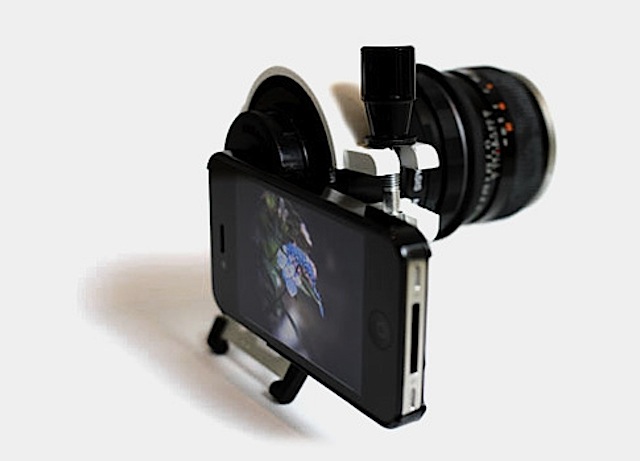However, the selling point for mobile devices is not the quality but rather the convenience. Since a large number of people own smartphones, the ability to also film on these devices presents people with a far cheaper alternative to renting or purchasing professional cameras, which has become a popular option for film students with a very limited budget. Given the “Do It Yourself” capabilities of shooting movies on mobile devices, filmmakers are certainly in an interesting period of time where they can easily share their stories with the world. As a matter of fact, some apps like iMovie allow users to edit videos on mobile devices and when finished, the movie could be uploaded to YouTube for distribution. That means that a smartphone has the potential to be the sole device used throughout the preproduction, production, and postproduction stages.
But with this added convenience, are filmmakers sacrificing the quality of their work and producing a great deal of mediocre material that lessens the professional elements and theories associated with filmmaking? In some regards this seems to be the case, but with the added flexibility of mobile devices, many people are allowed to have a voice in an industry that was previously solely functional through massive studios. This ultimately allows more people to creatively express themselves through the visual medium of storytelling. In all, while capturing footage from mobile devices has not been widely incorporated into mainstream cinema yet, the opportunities that this medium offers seem interesting and could be poised to radically alter the film industry in upcoming years.


 RSS Feed
RSS Feed
